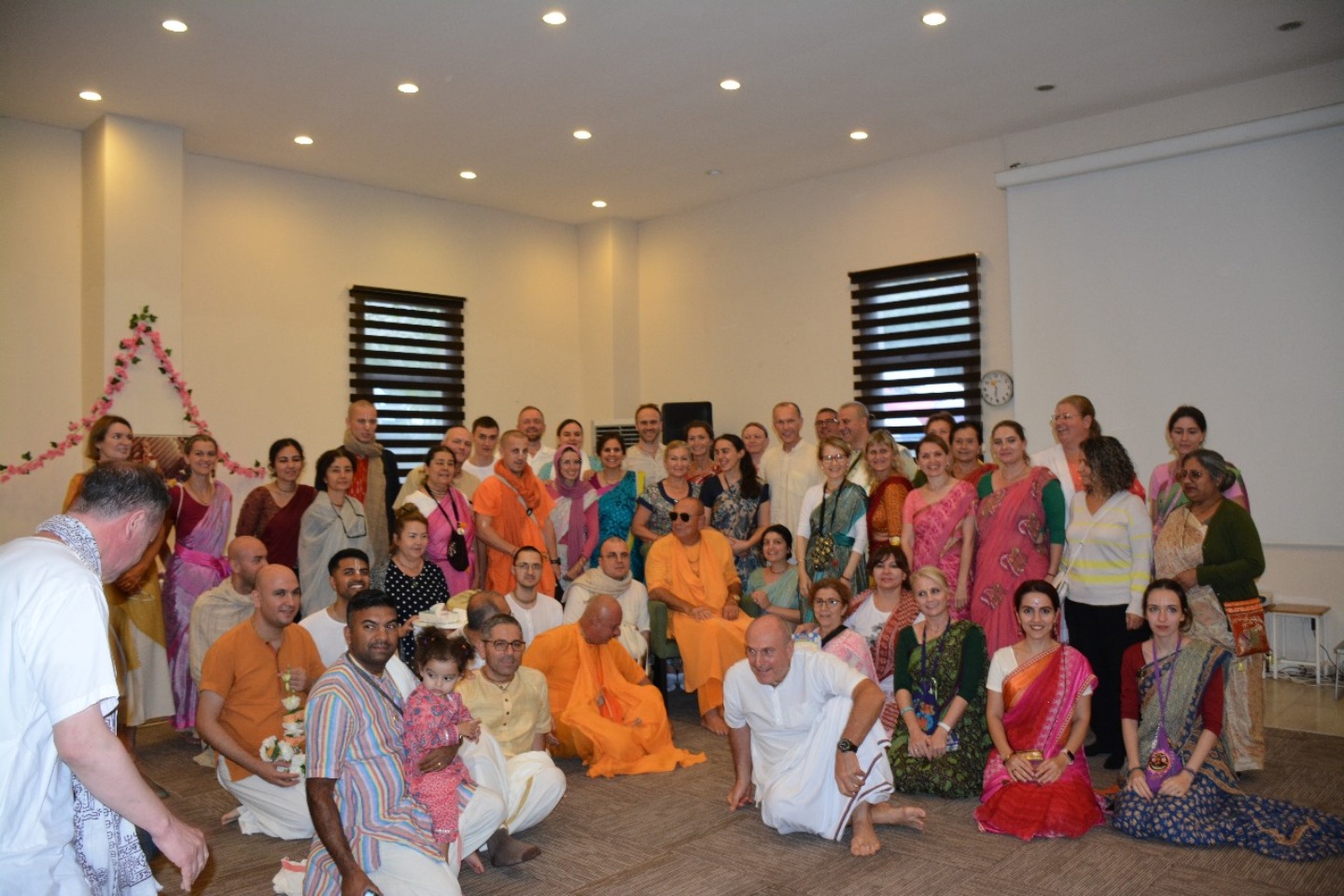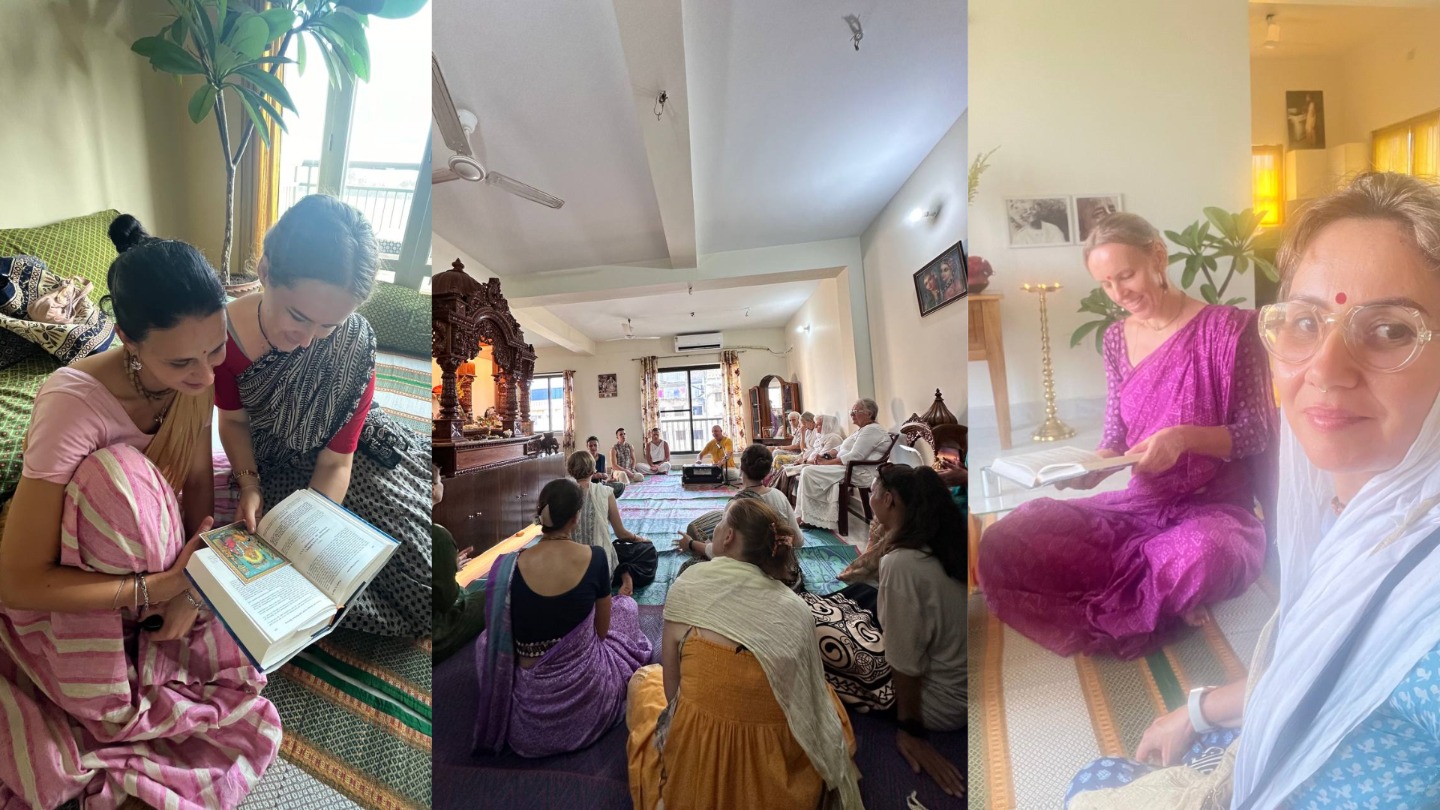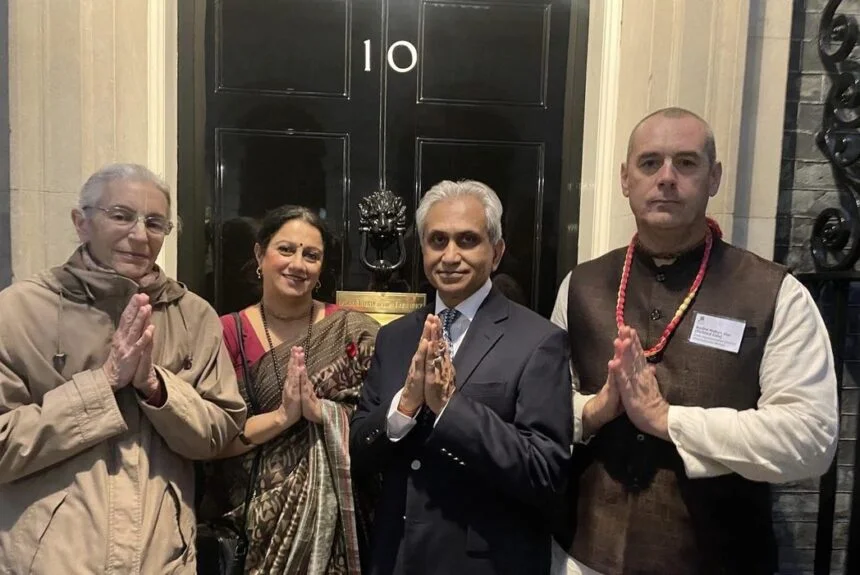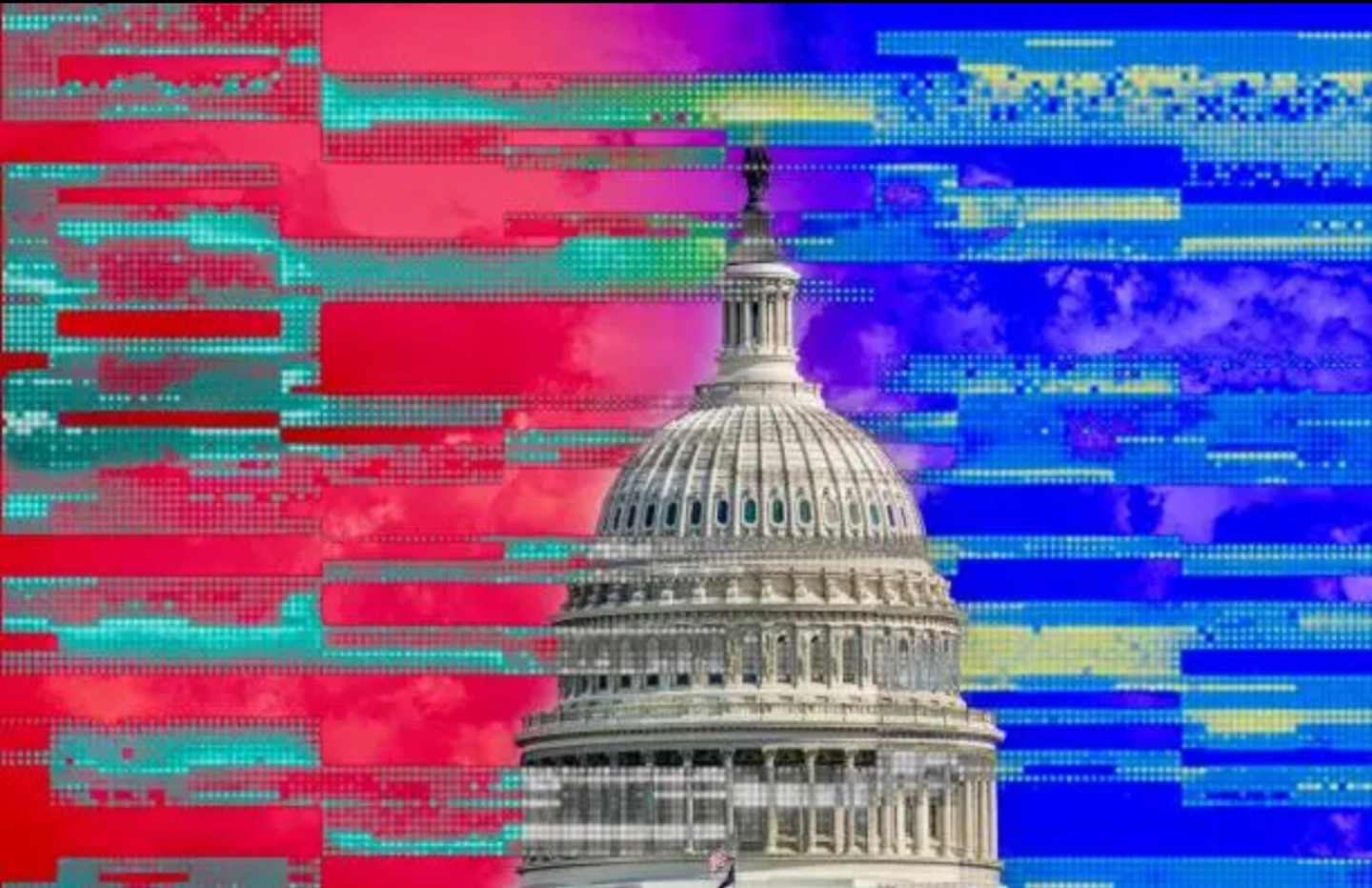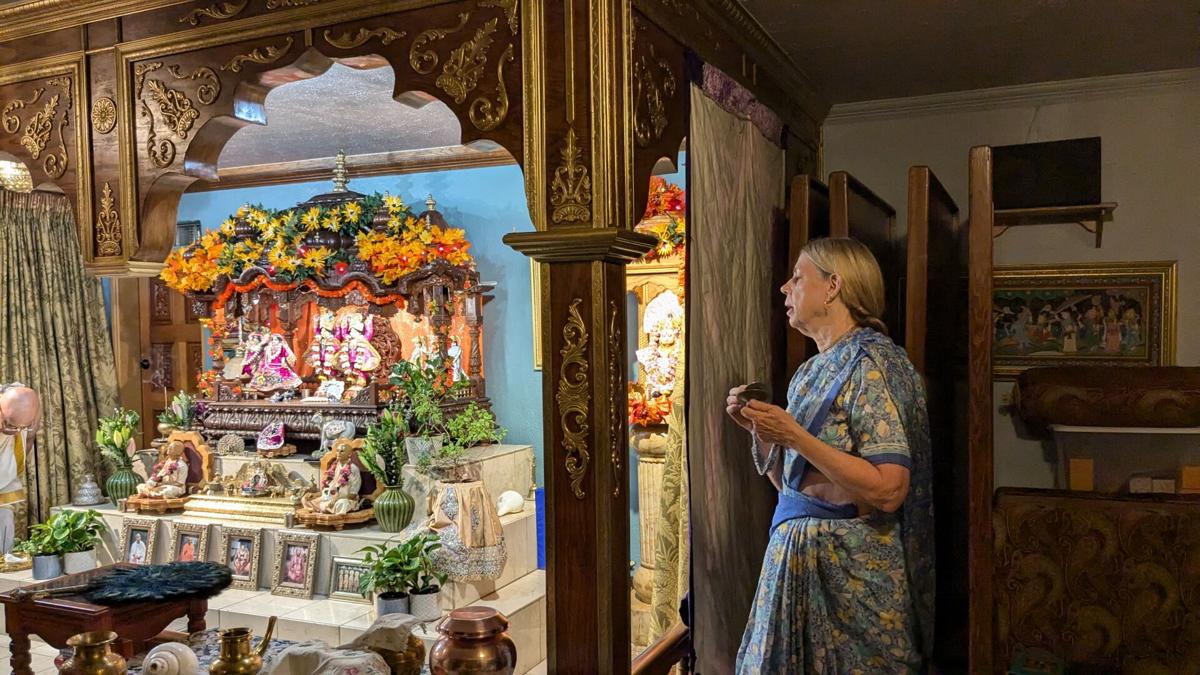Bhagavad Gita in Court: Overcoming Unexpected Roadblock to Relationship
By Dadan Upadhyay | Янв 13, 2012

The ruling by the Tomsk city court in Siberia on December 28 to throw out the six-month-old case to ban the holy Hindu scripture Bhagawad Gita, is an unprecedented event of unique importance in the entire history of Indo-Russia relations. Never before such a sensitive case of Indian national heritage came before a Russian court to stir great outrage and anger among the millions of followers of Hinduism in India and around the world to negatively overshadow the unbreakable friendly relations between the two countries.
Tomsk court judge Galina Butenko ruled that there were no grounds to recognize Bhagawad Gita as extremist literature because it is “one of the interpretations of sacred Hindu scripture Bhagawad Gita.” She, therefore, dismissed the state prosecutors’ petition to ban the book in Russia as “extremist literature,” promoting “social discord” and “hatred” to non-believers.
As the Tomsk court ruling to reject the petition by the state prosecutors to ban the Gita came, both the Indian and Russian sides took a sigh of great relief in view of the extreme “sensitivity” and serious concerns it had generated not only among the adherents of Hinduism in India and over the world, but also in the political elite and the government establishment of the country. It threatened the very foundation of decades-old, time-tested traditional Indo-Russian friendship and bilateral strategic partnership, which recently culminated into a “special, privileged strategic partnership.”
The case threatened to create an unexpected roadblock in the strategic partnership between India and Russia which have had exclusive military-technical cooperation ties and trade and economic relations since Soviet times. So Moscow was also not less concerned over the ongoing controversy over the Gita ban case in the Tomsk court.
The case filed by public prosecutors before the Tomsk court, against the translation of the Gita text and commentary entitled “Bhagawad Gita As It Is” by A.C.Bhaktivedanta Swami Prabhupada, the founder of the International Society for Krishna Consciousness (ISKCON), was first published in 1968. The prosecutors asked the court to include the book on the Federal List of Extremist Materials, which bans more than 1,000 texts, including Adolf Hitler’s “Mein Kampf.”
The Gita ban issue flared up with full force,bolt from the blue, in India on December 19, in the wake of just concluded three-day (December 15-17) successful official visit of Indian Prime Minister Manmohan Singh to Moscow for his regular annual summit with the Russian President Dmitry Medvedev. The same day, the Tomsk court was to give its verdict, but the judge postponed the final hearing in the case until December 28 to seek the opinion of the Russian Ombudsman on human rights and of Indologists from Moscow and St Petersburg, all of whom were in favour of the dismissal of the case.
It was ironical that the Gita ban controversy raged in the backdrop of Singh’s visit to Moscow. Fresh from his visit, in New Delhi, the Prime Minister had to face a number of uneasy and embarrassing questions as to whether he raised the Gita ban issue during his talks with his Russian counterparts in Moscow and what urgent measures government was taking to favourably resolve the continuing controversy.
The issue also provided immense grist for the agitated MPs in the Indian parliament. Agitated lawmakers forced the adjournment of the Lok Sabha (lower house) on December 19 after Biju Janata Dal (BJD) leader Bhartruhari Mahtab raised the Gita ban case in the House, asking the government to intervene immediately to ensure the “religious freedom of Hindus” in Russia.
Each and every MPs cutting across party, caste and religious lines, were unanimous in condemning the petition by the state prosecutors in Tomsk court to ban Gita in Russia as an “extremist” book.
That the Gita ban issue was so serious for the bilateral strategic partnership could well be understood by the fact that among the many MPs who strongly denounced the court case, were Lalu Prasad Yadav (RJD), Mulayam Singh Yadav (SP) and Sharad Yadav JD (U), better known as the staunch supporters of the Indo-Russian friendship. Warning unprecedented serious consequences of the Gita ban case, all the MPs demanded that the government take the matter up strongly with the Russian government.
Read more: http://indrus.in/articles/2012/01/10/bhagavad_gita_in_court_overcoming_unexpected_roadblock_to_bilateral_14141.html









